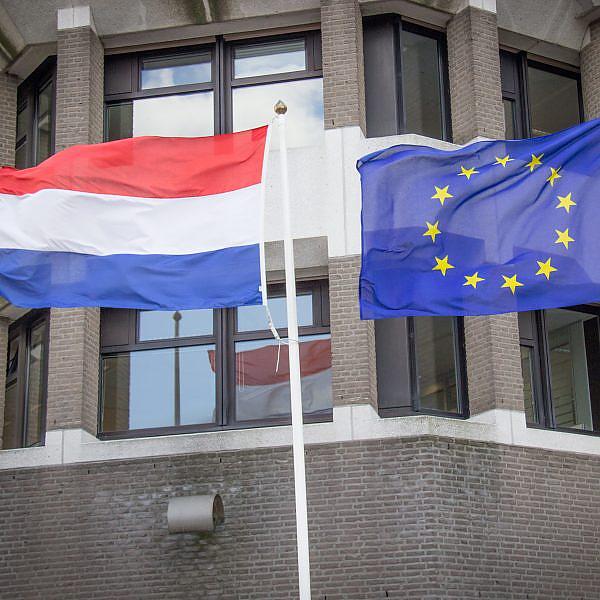International solidarity in times of corona-crisis
International solidarity in times of corona-crisis

In times of crisis, international solidarity is more than ever necessary, simply because this is the most civilised way to deal with the problem. By cooperating we can better protect people's health and maintain as far as possible our employment and our productive capacity. It makes a mockery of things to be falling out at European Union at such a time, and to be widening the economic differences between northern and southern states. We need to cooperate in our approach to the fight against the coronavirus, out of respect for all the people who now stand in the front line of our public services, indebted as we are to these soldiers in the line of fire.
 Let's first of all make it clear that the debate over the eurozone is wholly necessary, because it's indisputable that northern countries which use the euro benefit more from it economically than do those in the south. In the last crisis the EU was concerned only with rescuing the financial sector. This must not be the case this time. Instead, the focus must be on the security of people's means of existence, on work and a decent income.
Let's first of all make it clear that the debate over the eurozone is wholly necessary, because it's indisputable that northern countries which use the euro benefit more from it economically than do those in the south. In the last crisis the EU was concerned only with rescuing the financial sector. This must not be the case this time. Instead, the focus must be on the security of people's means of existence, on work and a decent income.
Organised solidarity is the answer to this crisis, in the Netherlands, in Europe and across the world.
However, the argument that solidarity within the eurozone is possible only by means of a common approach to debt is entirely misplaced. Incurring state debts has up to now been a national competence. The EU can impose no taxes on individuals and has no equivalent of a national debt. There are many ways to aid countries in financial difficulties without further deepening the euro system by establishing a common European debt. This would require a democratic debate, given that it would involve an enormous transfer of sovereignty to the European level. Such a debate cannot be properly conducted in a time of crisis.
Organised solidarity is the answer to this crisis, in the Netherlands, in Europe and across the world. Governments and parliaments everywhere bear responsibility to do what is necessary. Here too, international solidarity offers a solution. For that reason the Dutch government must come rapidly to a just agreement with all of the other EU member states to give immediate support to the worst affected countries which now need it. Due consideration is clearly necessary – but to do nothing is for us not an option. We must not leave these countries to their fate, and our government needs to take its foot off the brake and instead contribute to creative and effective solutions.

The call from UN Secretary General Antonio Guterres for a moratorium to be declared on all armed conflicts deserves everyone's support, including that of the Dutch government and the European Union. Regions afflicted by such conflict lack by definition a functioning government, which gives the corona virus a free hand.
This crisis is laying bare throughout the world the many defects in the organisation of our societies and economies. Let's agree that what we are now observing in this respect will not be quickly forgotten but will instead be used to put in place sustainable social improvements, in order that by so doing we can cope more effectively with any future crisis. In the Netherlands, in Europe, and in the world.
By Renske Leijten and Bastiaan van Apeldoorn, Socialist Party spokespersons on European Affairs in the lower house of Parliament and the Senate respectively
